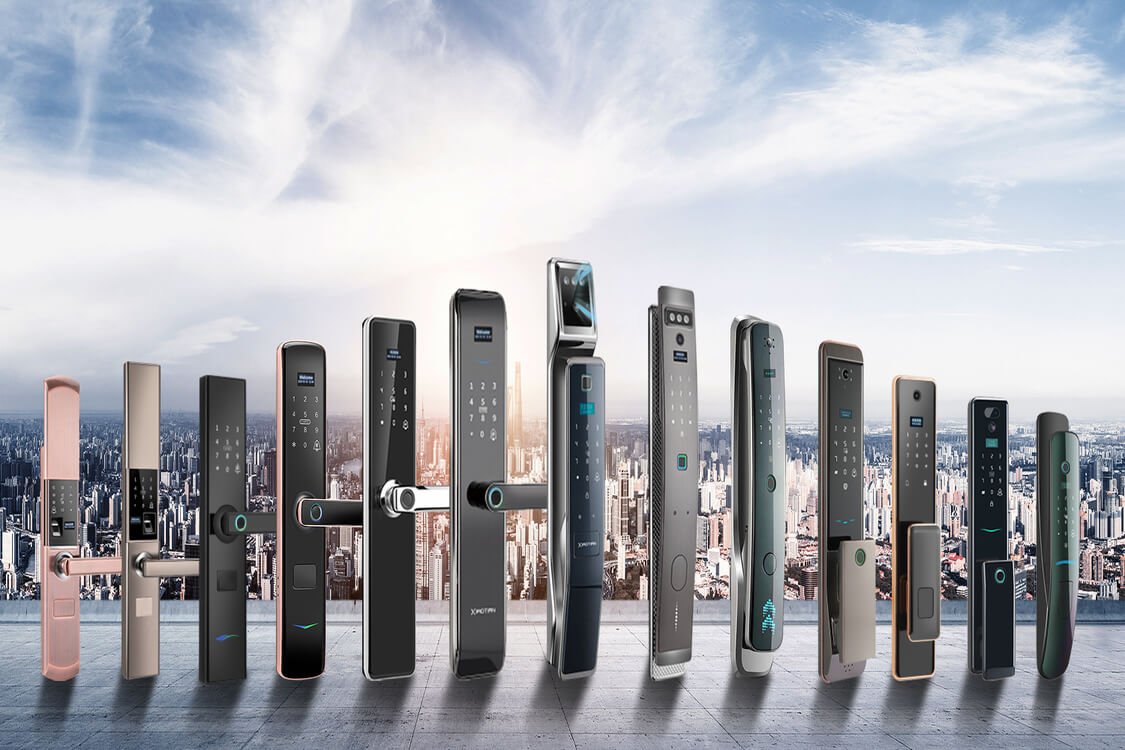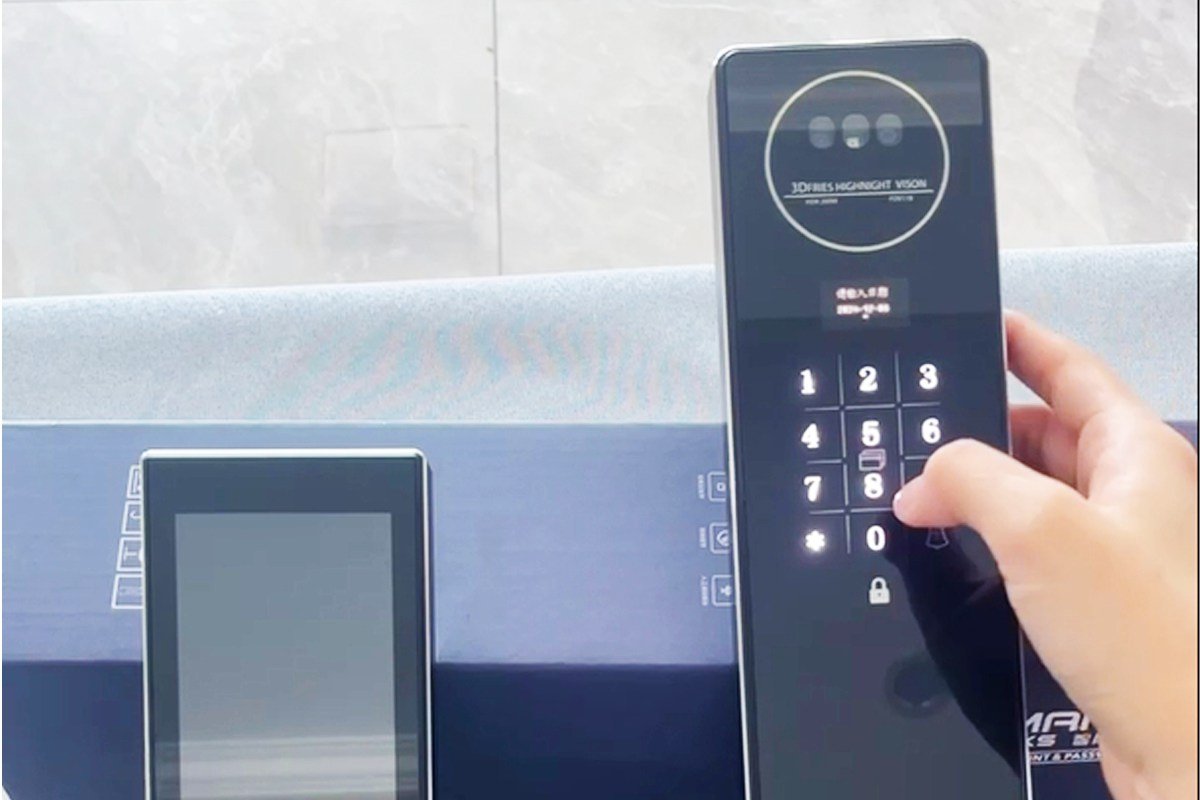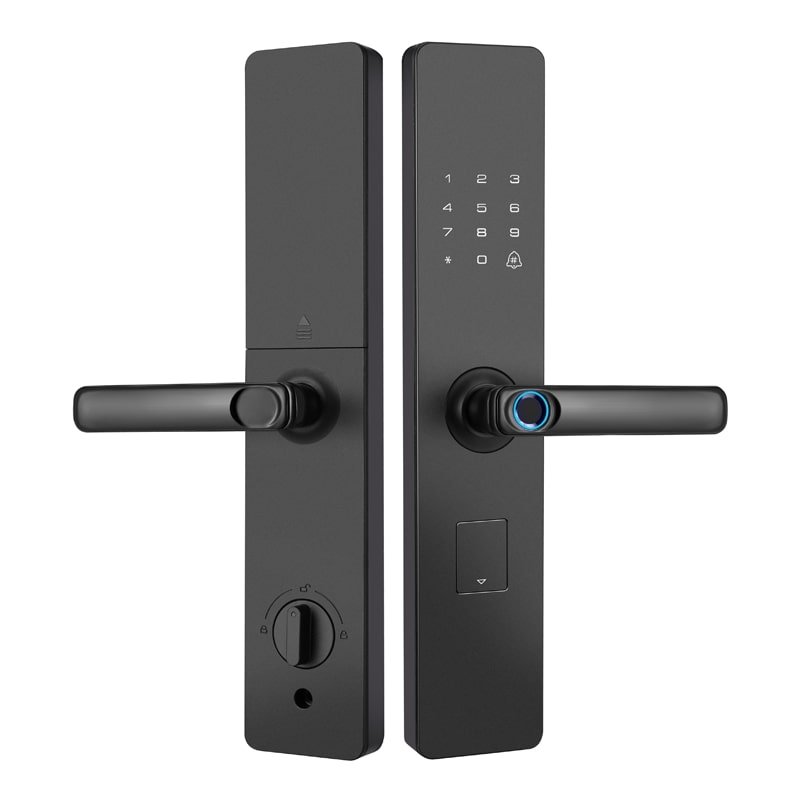Electronic locks are changing how we secure our spaces. No more lost keys or broken locks. With an electronic lock, you can enjoy keyless entry and advanced security. These locks use electricity to operate and offer features like access control and remote monitoring.
How Do Electronic Locks Work?
Electronic locks use electric current to function. They can work alone or connect to an access control system. Some locks use magnets, while others use motors or solenoids. You can control them with a switch, a code, or even your fingerprint.
One popular type is the magnetic lock, or “mag lock.” It uses an electromagnet to hold the door closed. These locks are strong and hard to break. Another type is the electric strike, which replaces the standard door strike. It can be set to stay unlocked or locked during a power failure.
Types of Electronic Locks
There are several types of electronic locks:
- Magnetic Locks: These use an electromagnet to secure the door. They are simple to install and very strong.
- Electric Strikes: These replace the door frame strike. They allow easy exit and can be set to fail unlocked or locked.
- Electronic Deadbolts: These replace traditional deadbolts. They can be controlled remotely and offer added security.
- Passive Electronic Locks: These don’t need power. They use a special key with a microchip to unlock.
Authentication Methods
Electronic locks offer many ways to verify users:
- Codes and Passwords: Enter a number or word to unlock the door.
- Security Tokens: Use a card or key fob to gain access.
- Biometrics: Unlock with your fingerprint, retina, or voice.
- RFID: Use a tag or card that the lock can read from a distance.
These methods make electronic locks secure and convenient.
Benefits of Electronic Locks
Electronic locks offer many advantages:
- Keyless Entry: No more lost or stolen keys.
- Enhanced Security: Harder to break than traditional locks.
- Access Control: Give or remove access easily.
- Remote Monitoring: Check who enters and exits your property.
- Convenience: Unlock your door with a code, card, or fingerprint.
Real-Life Benefits
Many users love electronic locks. Sarah, a homeowner, says, “I never worry about losing my keys anymore. The code is easy to remember.”
Businesses also use electronic locks. Offices use them to control access to secure areas.
Choosing the Right Electronic Lock
When picking an electronic lock, consider:
- Type: Choose between magnetic locks, electric strikes, or deadbolts.
- Power: Some locks need batteries, while others connect to power.
- Authentication: Pick a lock that uses codes, cards, or biometrics.
- Compatibility: Make sure the lock works with your door and security system.
The Future of Electronic Locks
Electronic locks are getting smarter. Soon, they may use facial recognition or work with 5G for faster connections. They will also integrate better with smart home systems.
Conclusion
Electronic locks are the future of security. They offer keyless entry, advanced features, and easy access control. Upgrade your security today with an Electronic Lock. Enjoy a safer, more convenient way to protect your space.










